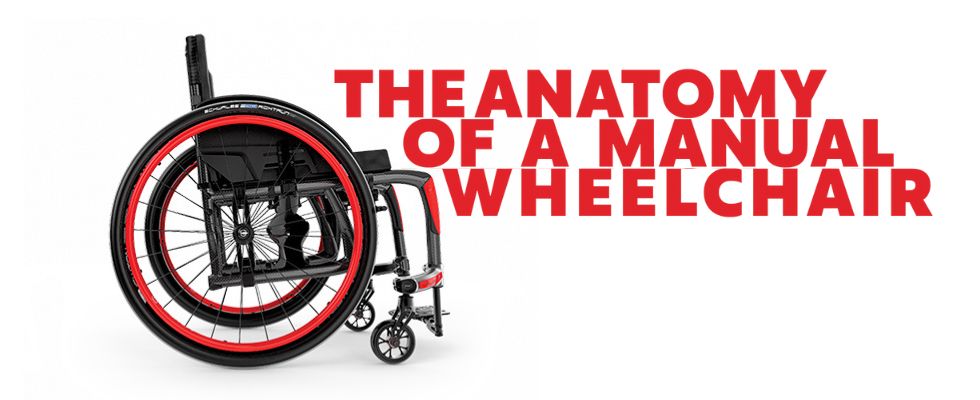Can the Contraceptive Pill Lower the Risk of Ovarian Cancer?
Ovarian cancer remains one of the most challenging cancers to detect early, often diagnosed at advanced stages. However, new research from the University of South Australia suggests that the contraceptive pill may help reduce the risk of ovarian cancer, offering a potential strategy for prevention.
A study conducted by UniSA researchers found that women who had ever used the oral contraceptive pill had a of developing ovarian cancer. The protective effect was even more pronounced in women who used the pill after the age of 45, with a .
According to UniSA researcher Dr. Amanda Lumsden,
Researchers also identified key biomarkers linked to ovarian cancer risk, including red blood cell characteristics and certain liver enzymes. Additionally, were associated with a reduced risk of developing the disease.
The study highlighted another significant factor: women who had given birth to two or more children had a of developing ovarian cancer compared to those who had never had children.
Ahead of World Cancer Day on February 4, these findings emphasize the importance of early detection. In Australia, ovarian cancer ranks as the and the .
In 2023 alone, were diagnosed with ovarian cancer, and to the disease. Late-stage diagnosis remains a significant challenge, with detected only when the cancer is already advanced. As a result, the survival rate is , compared to .
Dr. Lumsden explains,
To uncover these insights, UniSA researchers utilized to analyze health data from from the UK Biobank. By evaluating nearly , including health history, medication use, lifestyle factors, and metabolic markers, AI identified previously undetected risk factors for ovarian cancer.
UniSA’s machine learning specialist, Dr. Iqbal Madakkatel, emphasized how AI has the potential to revolutionize early detection.
He further added,
Project lead, Professor Elina Hyppönen, stressed that understanding ovarian cancer risk factors can pave the way for improved survival rates through targeted prevention.
“It is exciting that our data-driven analyses have uncovered key risk factors for ovarian cancer that can be acted upon.”
She also noted, “It is possible that by using the contraceptive pill to reduce ovulations or by reducing harmful adiposity, we may be able to lower the risk of ovarian cancer. But more research is needed to establish the best approaches to prevention, as well as the ways in which we can identify women most at risk.”
These findings offer hope for reducing ovarian cancer cases through hormonal interventions like the contraceptive pill. They also highlight the potential of AI-driven research in uncovering new strategies for prevention and early diagnosis. As awareness grows, women can make more informed decisions about their reproductive health, potentially lowering their risk of ovarian cancer in the long run.
Got a parenting concern? Read articles or ask away and get instant answers on our app. Download theAsianparent Community on iOS or Android now!











